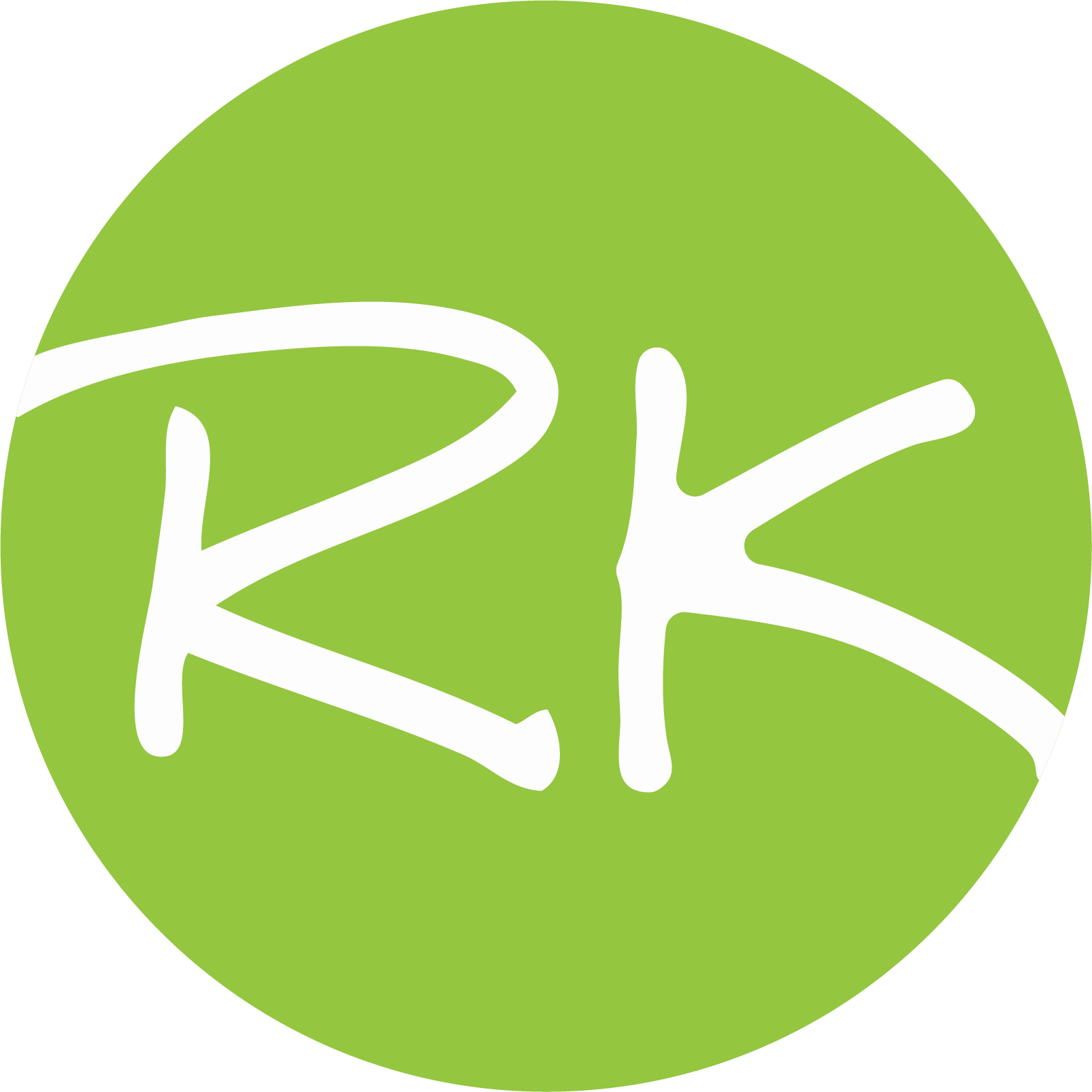Why write a book about the creative process? Most people think creativity or innovation is something only a few have access to. I believe, with the help from brain scientists, researchers, and creative practitioners, that it’s a process we can learn. In fact, there is proof that we are ALL wired to be creative. What we need is a way to unlock this innate human ability. My book, MINDBLOWN: Unlock Your Creative Genius by Bridging Science and Magic, is finally here and shipping. I wrote this book after my experiences with institutions and leaders that were ill-equipped to guide creative ideas into reality. The focus on results over process fails us. What we need is a framework to allow us to be more human. Learn with me how to be a better person by being more human, which is the same as being more creative! Imagine your, your team or project generating more and better ideas. And imagine those ideas transformed from abstract thoughts to concrete creations. One Amazon reviewer, Joel, wrote, “It’s a framework that allows dreaming, but also teaches that a dream must be played with or it will die. That is the beauty of what Rich lays out. It’s more than …
Want to unlock creative genius? My book MINDBLOWN can help!
written by Rich Kirkpatrick 2 minutes read





